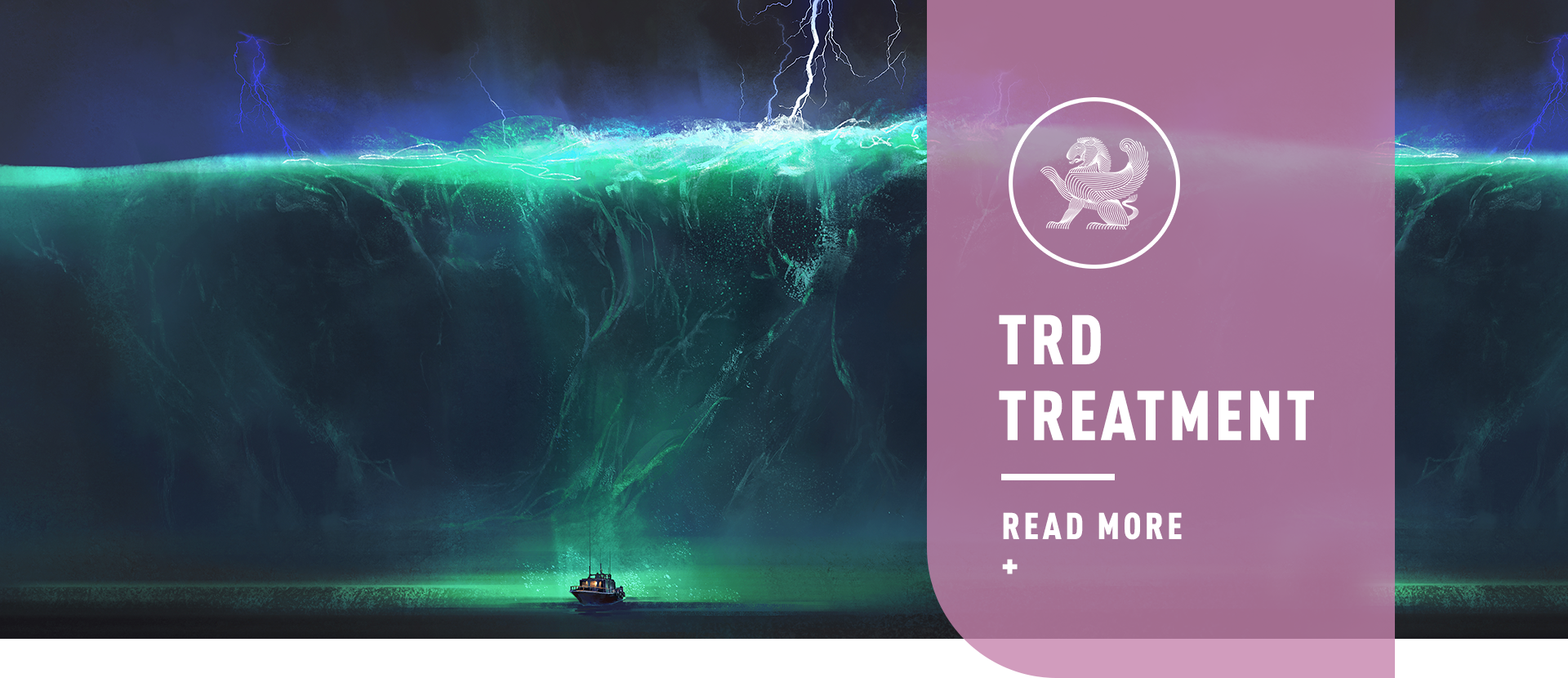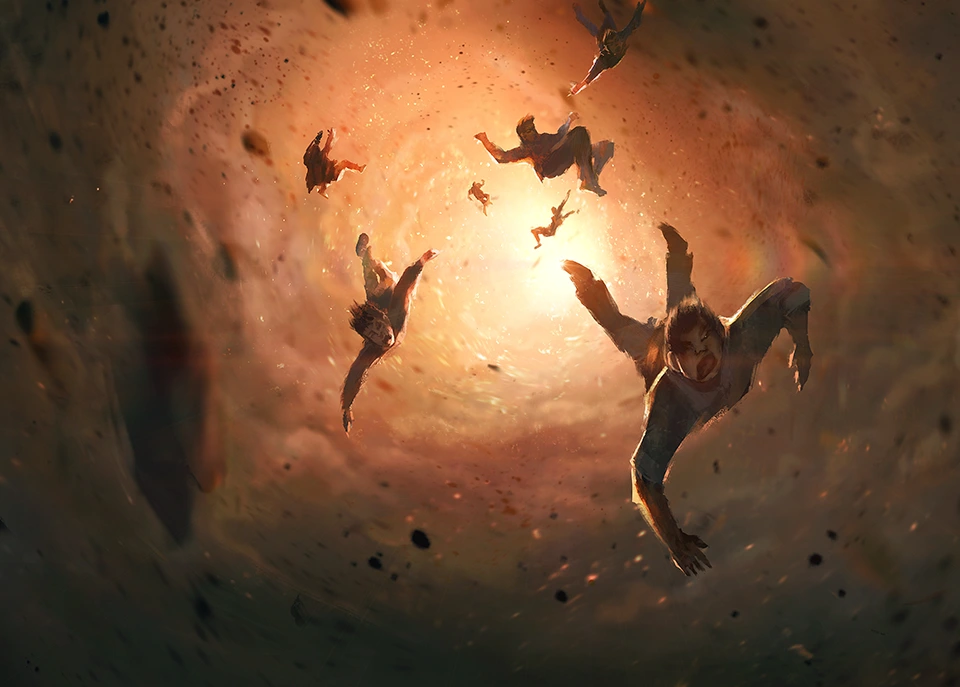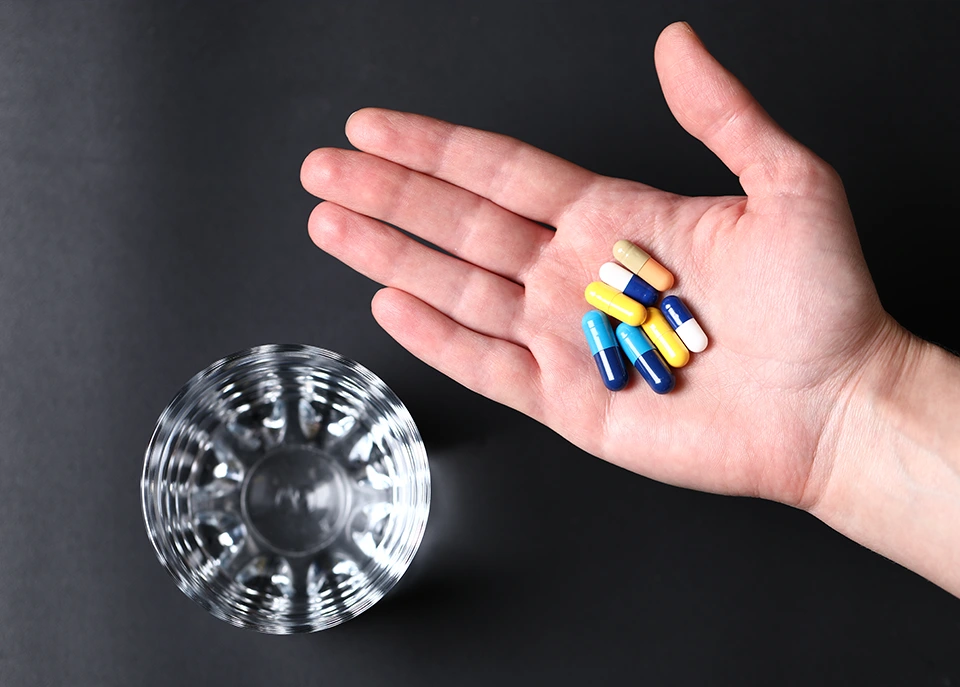


What is considered treatment-resistant depression TRD in South Africa?
Understanding Unipolar Major Depression, Treatment-Resistant Depression, and Treatment-Refractory Depression
Understanding Treatment-Resistant Depression (TRD)
Treatment-resistant depression (TRD) can be incredibly frustrating. It’s a type of major depressive disorder (MDD) that doesn’t seem to improve, even after trying multiple antidepressants or other therapies. If you or someone you know is facing TRD, it might feel like nothing works—but that’s not the end of the story.
Symptoms and Challenges
TRD often brings with it serious symptoms, including suicidal thoughts and behaviors. Living with TRD means dealing with the ongoing burden of depression, which doesn’t seem to let up, no matter the treatment. It’s exhausting, and it’s completely understandable to feel defeated at times.
Why Does TRD Happen?
The causes of TRD are varied—genetics, differences in brain chemistry, or the effects of chronic stress can all play a role. Additionally, some physical health conditions, like autoimmune diseases, thyroid issues, heart disease, and cerebrovascular problems, can increase the risk of developing TRD.
Treating TRD—A Personalized Journey
Treating TRD is far from one-size-fits-all. It often involves some trial and error, and it can take time to discover the right combination of treatments. Electroconvulsive therapy (ECT) is currently the most effective option available for many people with TRD, but there are also other possibilities that might help depending on individual needs.
You’re Not Alone
It’s important to know that TRD is more common than most people think—between 50% and 60% of those treated for depression don’t get the relief they need from initial antidepressant treatments. So if you’re struggling, remember that you’re far from alone, and there are still options worth exploring. Keep pushing forward, and don’t hesitate to seek support—it’s okay to ask for help.

What Is Unipolar Major Depression?
Unipolar Major Depression, also known as Major Depressive Disorder (MDD), is more than just feeling sad or down. It’s a mental health condition that comes with a deep sense of sadness, hopelessness, and a loss of interest in activities that used to be enjoyable. Unlike bipolar disorder, which involves dramatic shifts between manic highs and depressive lows, unipolar depression is all about a persistently low mood without those manic episodes. It’s the kind of depression that sticks around and can make even the simplest daily tasks feel like an uphill battle, affecting work, relationships, and overall quality of life.
Common Symptoms
The symptoms of unipolar depression can look different from person to person, and they can vary in how severe they are or how long they last. Common signs include feeling exhausted, struggling with sleep (whether it’s too much or too little), changes in appetite, trouble concentrating, and even physical symptoms like headaches or ongoing pain. It’s a condition that impacts both the mind and the body.
Getting a Diagnosis and Finding Treatment
Getting a proper diagnosis means talking with a mental health professional who will take the time to understand your history and symptoms. As for treatment, it often involves a mix of approaches, like Cognitive Behavioural Therapy (CBT), which helps shift negative thought patterns, and medications like antidepressants. It’s all about finding what works best for each person—and it’s okay if that takes some time.
You’re Not Alone in This
Unipolar depression can feel incredibly isolating, but it’s important to remember that you’re not alone, and help is out there. Reaching out for support is a big first step, and it’s one worth taking. There’s hope, and with the right support, things can get better.

What Is Treatment-Resistant Depression (TRD)?
Treatment-Resistant Depression (TRD) is a type of depression that just doesn’t seem to budge, even with the usual treatments like antidepressants and therapy. It’s typically called TRD when someone hasn’t felt enough relief after trying at least two different antidepressant medications at the right doses and for a sufficient amount of time. TRD can be incredibly challenging, both for those living with it and for their healthcare providers. When conventional treatments don’t help, it can lead to ongoing pain and make life feel a lot harder than it should.
Approaches to Managing TRD
Managing TRD often requires a more personalized and intensive approach. It might mean switching to a different type of antidepressant, trying a combination of medications, or adding in other treatments like atypical antipsychotics or mood stabilizers. Sometimes, non-drug therapies can make a difference too. Electroconvulsive Therapy (ECT), Transcranial Magnetic Stimulation (TMS), or even ketamine infusions might be options for those who don’t respond to traditional therapies. It’s all about finding the right mix of treatments to bring some real relief from the symptoms and help improve quality of life.
You’re Not Alone in This
TRD can be incredibly frustrating, but there are still options worth exploring, and you don’t have to go through it alone. Working closely with a healthcare provider can help you discover what works best for you. It can be a tough road, but there’s hope, and it’s worth the effort to keep trying.
Understanding Treatment-Refractory Depression
Treatment-Refractory Depression is one of the toughest forms of depression to manage. It’s a step beyond Treatment-Resistant Depression, meaning it hasn’t responded to even the most thorough treatment strategies out there. For people dealing with Treatment-Refractory Depression, it often feels like they’ve tried everything—different classes of medications, various types of therapy, and even more intensive options like Electroconvulsive Therapy (ECT) or Transcranial Magnetic Stimulation (TMS)—without seeing significant improvement.
What’s Next When Nothing Seems to Work?
When it comes to managing Treatment-Refractory Depression, things get a bit more specialized. Sometimes, this means looking into experimental or investigational treatments, often through clinical trials. These trials offer access to new and emerging therapies that aren’t yet available to everyone but could be a game-changer. In certain cases, more advanced options like Deep Brain Stimulation (DBS) or Vagus Nerve Stimulation (VNS) might be considered to help manage symptoms.
The Focus Is on Quality of Life
For those facing Treatment-Refractory Depression, the goal often shifts toward enhancing quality of life and finding ways to manage symptoms effectively—even if full remission isn’t possible right now. It’s about discovering what works, staying open to new possibilities, and finding support to keep moving forward. While it’s a challenging journey, you’re not alone, and there are still paths worth exploring.
In a Nutshell
Unipolar Major Depression, Treatment-Resistant Depression, and Treatment-Refractory Depression are all part of the same spectrum, but they differ in terms of severity and how they respond to treatment. Understanding these differences is important—not just for healthcare providers, but also for patients and their families—because it helps in choosing the right treatment approach and setting realistic expectations about what to expect. While managing these forms of depression can be tough, advances in treatment and ongoing research are bringing new hope. The key is a well-rounded, patient-focused approach that aims to make life better, one step at a time.
Understanding Treatment-Resistant Depression in South Africa
A Guide to Finding Hope and Navigating TRD
Treatment-resistant depression (TRD) is a challenging condition that affects many people, even after they’ve tried standard treatments like antidepressants or therapy. If you’re in the JHB area and struggling with TRD, it’s important to know that you’re not alone—and there are advanced treatment options that may help. This guide is here to help you better understand TRD and explore potential solutions to regain control of your mental health.
What Is Treatment-Resistant Depression?
Treatment-resistant depression means having major depressive disorder that hasn’t responded well to at least two different antidepressants taken for a sufficient time. It’s understandably frustrating for both patients and their healthcare providers when standard treatments just don’t seem to work. But the good news is that there is still hope—many people find that a personalized approach can make a big difference in their journey to recovery.
Why Might Treatment Resistance Happen?
There are several reasons why depression might become treatment-resistant:
-
Misdiagnosis: Sometimes depression is misdiagnosed. Conditions like bipolar disorder or certain personality disorders can look similar to depression but need a different treatment approach.
-
Undiagnosed Co-Occurring Conditions: Issues like anxiety, substance abuse, or physical health problems might be contributing to the treatment not working as expected.
-
Inadequate Treatment Duration or Dosage: It’s possible that the antidepressant wasn’t taken at the right dose or for long enough to have an effect.
-
Non-Compliance with Treatment: Skipping medication doses or not regularly attending therapy sessions can also contribute to treatments not being as effective as they could be.
Finding the Right Path Forward
If you’re dealing with TRD in South Africa, remember that there are options available. Exploring advanced treatments and working closely with healthcare providers can make a world of difference. You’re not alone on this journey, and the right help can bring new hope.


Transcranial Magnetic Stimulation (TMS)
TMS is a relative new treatment is South Africa. It is an effective treatment for TRD with relative mild side-effects.
TMS has the following benefits:
- The patient is awake during the process and can drive home afterward
- There is no need for a theatre or anesthetist
- The patients do not report memory loss
- The series of treatments can be squeezed into one week
- The treatment is individualized to treat other conditions than depression
Electroconvulsive Treatment (ECT)
ECT remains the gold standard treatment for severe depression, and it can be life-saving in the following scenarios:
- Catatonic depression
- Depression in pregnancy
- Depression or mania with psychosis
Ketamine
We are offering all the most effective treatments for TRD in Benoni. We believe in ethical, evidence-based practice guidelines and consult with all our patients to co-plan each patient’s treatment.
We actively engage with medical aids to ensure funding for evidence-based treatments.

- Suicidal or homicidal ideation or behaviour, or ideation that pose an imminent risk. Ideation that pose an imminent risk includes the wish or hope that death will overtake oneself (e.g., “Life is not worth living” or “I would be better off dead”); or fleeting thoughts of killing oneself, with plans to commit suicide and intent.
- Psychotic features (e.g., delusions or hallucinations).
- Moderate to severe aggressiveness.
- Impaired judgment such that the patient or others are at eminent risk of being harmed
- Impaired functioning is obvious.
- In addition, severe major depression is indicated by a score of >20 points on the Patient Health Questionnaire – Nine Item (PHQ-9).
- Comorbid general medical disorders (e.g., coronary heart disease and hypothyroidism
- Chronic pain
- Medications (e.g., glucocorticoids and interferons)
- Comorbid psychiatric disorders (e.g., anxiety, personality, and substance use disorders)
- Severe intensity of depressive symptoms
- Suicidal thoughts and behaviour
- Adverse life events (e.g., childhood trauma or marital discord)
- Personality traits (e.g., low reward-dependence, low extraversion, and high neuroticism)
- Early age of onset of major depression (e.g., age <18 years)
- Recurrent depressive episodes
- Loss of employment and low socioeconomic statu



Get in touch




